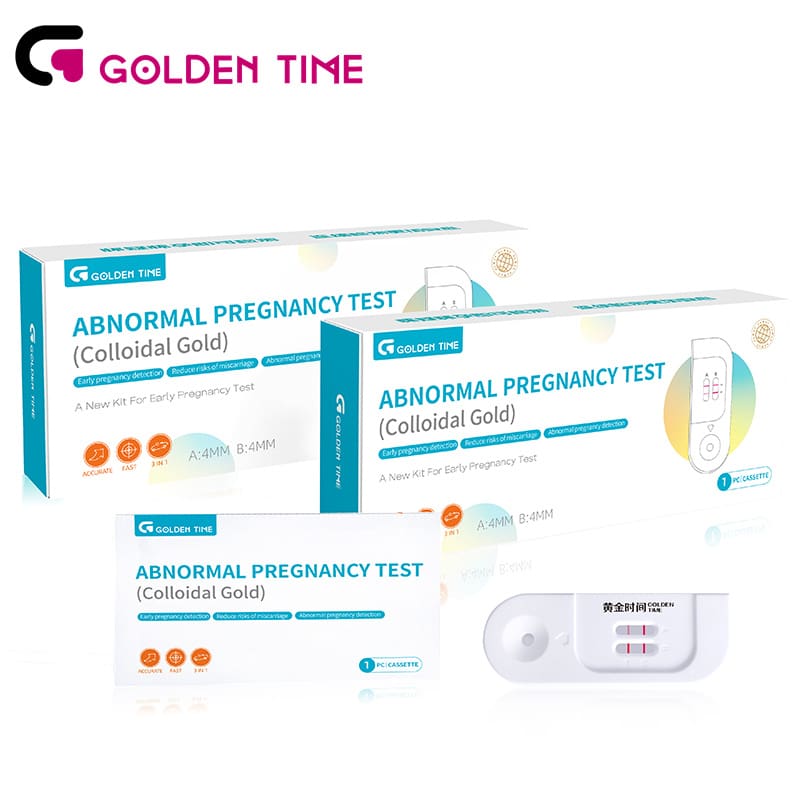Oct . 21, 2024 09:23 Back to list
Wholesale Suppliers for Accurate Malaria Diagnosis and Treatment Solutions
Wholesale Diagnosis of Malaria A Critical Approach to Managing Public Health
Malaria remains one of the most significant public health challenges worldwide, especially in tropical and subtropical regions. Despite concerted global efforts to mitigate its effects, the disease continues to inflict a heavy toll on millions, particularly in low-income countries. As the demand for effective malaria diagnosis grows, the emergence of wholesale diagnosis solutions is proving to be a pivotal development in the fight against this devastating illness.
Understanding Malaria Diagnosis
Malaria is caused by parasites transmitted to humans through the bites of infected female Anopheles mosquitoes. The symptoms typically manifest as fever, chills, and flu-like illness, which makes timely and accurate diagnosis crucial for effective treatment. Traditionally, diagnosis has relied on laboratory tests that can be time-consuming and require substantial resources. However, with the rise of wholesale diagnostic supply chains, healthcare professionals can now access high-quality diagnostic tools more efficiently.
The Role of Wholesale Suppliers
Wholesale suppliers of malaria diagnosis tools play a vital role in improving access to reliable testing kits. These suppliers often work directly with manufacturers and public health institutions to distribute affordable and high-quality rapid diagnostic tests (RDTs) and microscopy supplies. By streamlining the supply chain, wholesalers can reduce costs and bring essential medical supplies to healthcare providers who serve communities at risk of malaria.
For example, a wholesaler might procure tests that are not only accurate but also designed to be user-friendly, enabling healthcare workers in remote areas to perform diagnoses without extensive laboratory facilities. This level of accessibility is essential in regions where healthcare infrastructure is often limited.
Impact on Public Health
wholesale diagnosis of malaria supplier

The wholesale distribution of malaria diagnostic tools has significant implications for public health. By increasing access to rapid and accurate diagnoses, these solutions can lead to timely treatment and preventive measures, ultimately reducing transmission rates. This efficiency is particularly crucial during outbreaks when swift action can mean the difference between containment and widespread transmission.
Moreover, accurate diagnosis helps prevent misdiagnosis, which can lead to inappropriate treatments and contribute to drug resistance
. When patients receive the correct diagnosis, healthcare systems can better allocate resources, ensuring that treatments are available for those who genuinely need them.Challenges and Considerations
Despite the benefits of wholesale malaria diagnosis, challenges remain. Ensuring the quality and reliability of diagnostic tools is paramount given the substantial consequences of inaccurate results. Wholesalers must work diligently to partner with reputable manufacturers and conduct rigorous quality checks to uphold high standards.
Moreover, education and training for healthcare providers on the effective use of diagnostic tools are necessary. Stakeholders must invest in ongoing professional development to maximize the impact of these tools, emphasizing the importance of integrating diagnosis into broader healthcare strategies.
Conclusion
The wholesale diagnosis of malaria represents a crucial advancement in the global health landscape. By enhancing access to accurate and affordable diagnostic tools, wholesale suppliers are key players in the fight against malaria. As efforts continue to combat this disease, it is imperative that stakeholders across healthcare systems, governments, and private sectors collaborate to ensure that these tools are effectively utilized to protect vulnerable communities. Through these collective efforts, the vision of a malaria-free world is not only aspirational but increasingly achievable.
-
Reliable Early Pregnancy Test Kit Supplier - Multi Plastic Cassette Options
NewsJul.30,2025
-
Transferrin Rapid Test Cassette – Reliable Tumor Marker Detection
NewsJul.29,2025
-
Accurate Follicle Stimulating Hormone Test Kit | Rapid Reliable Results
NewsJul.29,2025
-
High Accuracy LH Ovulation Test Kit - Digital Results & Wholesale Options
NewsJul.29,2025
-
HbsAg Blood Rapid Test Kit for Fast & Accurate Hepatitis B Detection
NewsJul.28,2025
-
Sterile Urine Cup for Safe & Easy Collection | High-Quality Specimen Cups
NewsJul.28,2025

